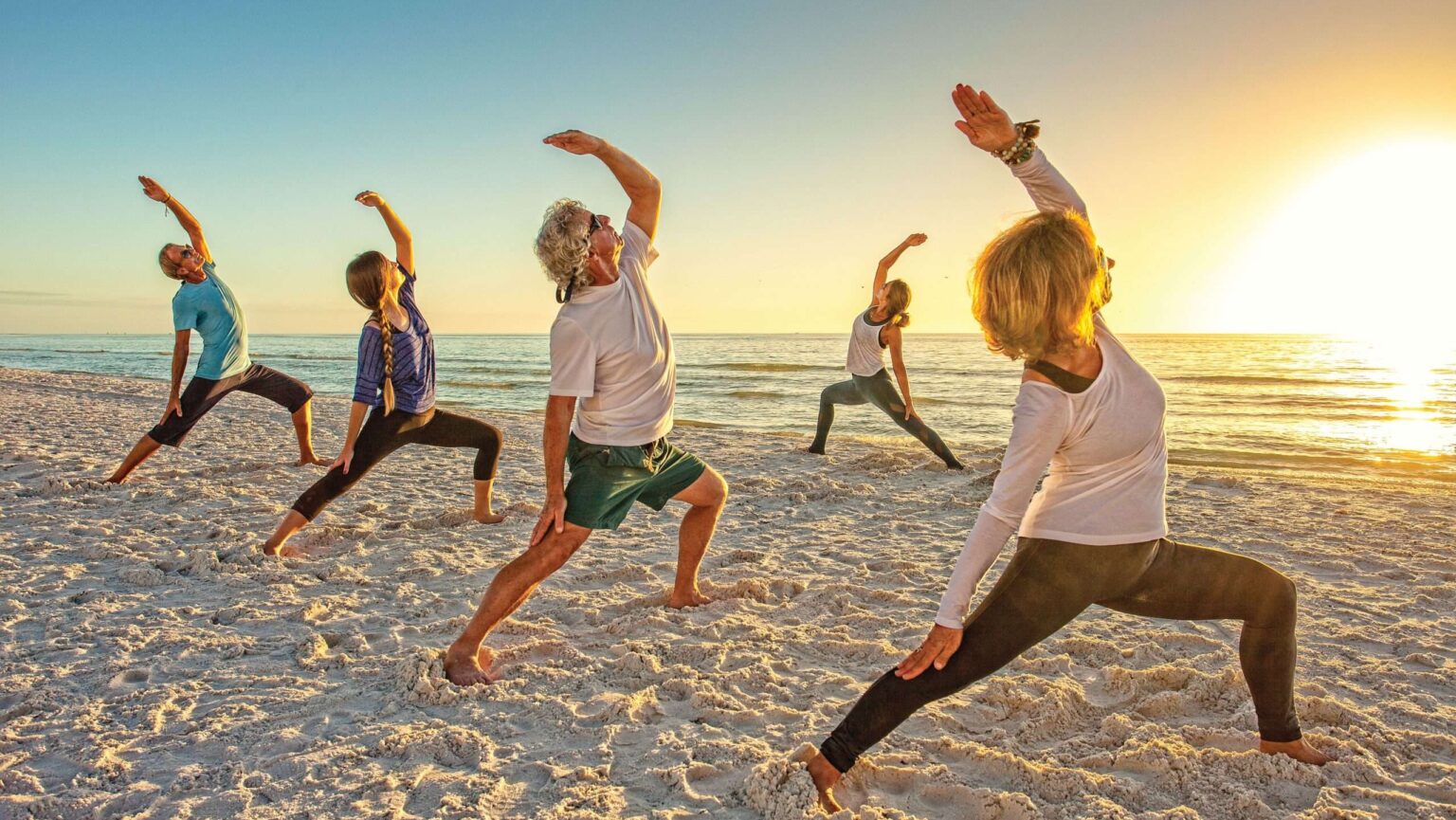Popular Meditation and Mindfulness Practices in the Gulf are gaining momentum in 2025. Across countries like the UAE, Saudi Arabia, Qatar, and Bahrain, more people are turning toward holistic mental wellness. As modern life becomes more stressful, meditation is no longer just a spiritual practice—it is now a mainstream solution to anxiety, burnout, and emotional fatigue.
From guided sessions in yoga studios to mindfulness apps and retreats in the desert, the Gulf region is seeing a peaceful revolution in mental health care.
Why Meditation is Trending in the Gulf
Rise in Mental Health Awareness
Over the past few years, there has been a noticeable increase in mental health awareness in Gulf countries. Governments are supporting wellness initiatives, and people are more open to discussing anxiety, depression, and stress-related issues.
This shift has created a growing demand for meditation classes and mindfulness workshops, especially in urban hubs like Dubai, Riyadh, and Doha.
Technology and Accessibility

Thanks to mobile apps and online platforms, meditation is now easier to access than ever. Apps like Headspace, Calm, and local Arabic-language platforms offer guided meditations tailored to different lifestyles and languages.
Working professionals and students use these apps during short breaks, while homemakers find relief through early morning or late evening sessions.
Popular Meditation Techniques Practiced in the Gulf
1. Mindfulness Meditation

This is the most widely practiced form in the region. Mindfulness meditation focuses on being present in the moment. Practitioners observe their thoughts, breath, and surroundings without judgment. It helps reduce stress and increase focus.
Many corporate offices in the UAE now offer lunchtime mindfulness breaks, especially in the finance and tech sectors.
2. Breathwork or Pranayama
Breath-focused techniques are highly popular in yoga studios across Gulf cities. Breathwork helps manage anxiety and improve sleep. Short guided sessions in the morning or before sleep are commonly recommended by wellness coaches.
3. Transcendental Meditation (TM)
TM is a silent mantra-based meditation practiced for twenty minutes twice a day. This technique is gaining popularity among executives and entrepreneurs in cities like Abu Dhabi and Jeddah. Private TM instructors often work with high-net-worth individuals.
4. Islamic Mindfulness or Muraqabah
Rooted in Islamic tradition, Muraqabah is the practice of quiet reflection and remembrance of God. It is similar to meditation but deeply spiritual in nature. Practiced after prayers, Muraqabah is widely followed in traditional households.
Scholars and wellness experts promote this method as it blends faith with mental well-being.
5. Desert Retreat Meditation

Luxury resorts in Oman and Saudi Arabia now offer weekend desert meditation retreats. These sessions combine silence, nature, and mindfulness, providing a unique escape from city stress. Such retreats are especially popular among expats and tourists.
Where to Meditate in the Gulf

Top Meditation Centers and Studios
- Zen Yoga Dubai (UAE): Offers guided meditation, mindfulness yoga, and relaxation therapy.
- Mindful ME (Dubai): Specializes in corporate and personal mindfulness coaching.
- Riyadh Yoga Studio (Saudi Arabia): Offers breathwork and stress relief programs for locals and expats.
- Inner Space Doha (Qatar): A peaceful space offering daily meditation and weekend workshops.
- Lotus Center (Bahrain): Known for its blend of modern and traditional meditation styles.
These centers cater to beginners and advanced practitioners alike and often host free community events during Mental Health Awareness Month.
Meditation for Kids and Teens
Children and teenagers in the Gulf also face academic pressure and digital overload. Schools in the UAE and Qatar are now including mindful breathing exercises and guided body scans in classrooms.
Apps like Smiling Mind and Breathe, Think, Do are used to improve emotional regulation and focus among younger students. This early introduction to mindfulness helps build long-term mental resilience.
Challenges and Misconceptions
While the benefits are clear, there are still some misconceptions:
- “Meditation is only for the religious.”
This is untrue. Meditation today is more of a mental fitness routine than a spiritual one. - “I don’t have time to meditate.”
Even five minutes a day can have noticeable effects on stress levels. - “It doesn’t work for me.”
Like physical exercise, results from meditation come with regular practice.
Cultural and religious beliefs can also influence participation, but modern practices are becoming increasingly adaptable and inclusive.
Expert Voices on Meditation in the Gulf
Dr. Reem Al Ameri, a psychologist based in Dubai, says:
“We’ve seen a 40% rise in people seeking non-medical ways to handle stress. Meditation provides a safe, drug-free method to reset the mind.”
Saeed Al Najjar, a meditation coach in Riyadh, adds:
“Breathwork and guided imagery are especially effective among young professionals who work long hours in fast-paced environments.”
Looking Ahead: The Future of Meditation in the Gulf
With mental health becoming a regional priority, Popular Meditation and Mindfulness Practices in the Gulf are expected to grow even more in the coming years. Health ministries are encouraging holistic approaches, and more schools, offices, and public centers are integrating wellness into daily routines.
New Arabic-language meditation content is also emerging, making it easier for native speakers to relate to and practice mindfulness in culturally sensitive ways.
Final Thoughts
Whether you are a busy executive in Doha or a student in Jeddah, meditation is no longer a luxury—it is a necessity. The Popular Meditation and Mindfulness Practices in the Gulf offer everyone a chance to slow down, reflect, and regain control over their mental space.
As we move further into 2025, embracing meditation may be one of the most powerful health decisions people in the Gulf can make.
read more- How Gulf Employers Are Improving Employee Wellbeing in 2024



